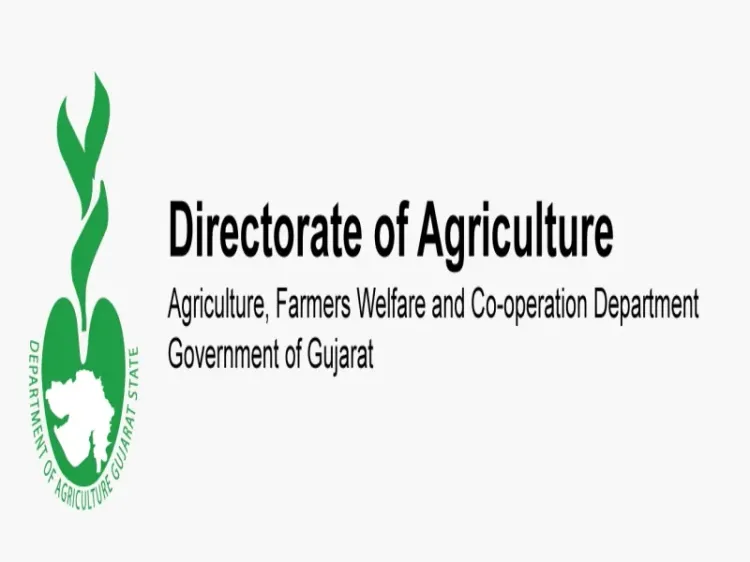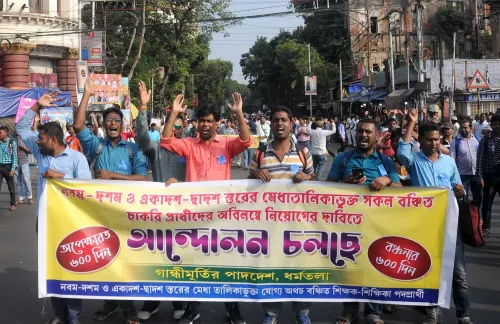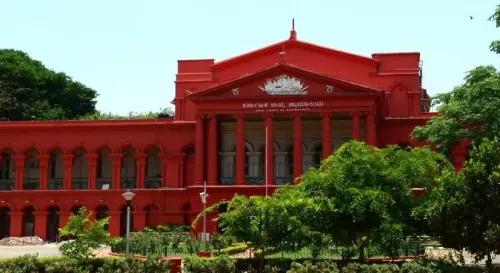Guj: How Are Statewide Helplines Tackling Farmers’ Fertiliser Issues?

Synopsis
Key Takeaways
- Statewide helplines established for farmers.
- Helpline number: 079-23256080.
- Operational from 8 a.m. to 8 p.m. daily.
- Focus on transparency and accessibility.
- Gujarat has over 43 lakh farming households.
Gandhinagar, Aug 3 (NationPress) The Directorate of Agriculture, Gujarat, has launched control rooms at the state, district, and taluka levels to manage farmers’ concerns regarding fertiliser distribution. A specific state-level helpline number — 079-23256080 — has been introduced, allowing farmers to directly report issues related to fertiliser availability, delivery delays, or any other distribution-related complaints.
This helpline will be operational every day from 8 a.m. to 8 p.m., ensuring swift resolution during crucial agricultural demand periods. This initiative is designed to promote transparency, accessibility, and prompt problem-solving throughout the fertiliser supply chain.
In addition, similar control rooms have been established at the district and taluka levels, where farmers can receive localized assistance and updates on fertiliser stocks.
Officials from the Directorate confirmed that these helplines form part of a comprehensive statewide monitoring system, aimed not only at facilitating grievance resolution but also at tracking fertiliser availability throughout Gujarat.
Farmers are encouraged to utilize the helpline numbers listed in the official directory for their respective areas. Currently, Gujarat boasts over 43 lakh farming households, with agriculture serving as a crucial pillar of the state’s economy and employment.
Approximately 55–60 percent of Gujarat’s population relies directly or indirectly on agriculture and related activities.
The state’s diverse agro-climatic conditions support a wide array of crops such as cotton, groundnut, wheat, rice, millet (bajra), maize, sugarcane, and various horticultural products.
Gujarat is recognized as one of India’s top producers of cotton and groundnut, frequently ranking among the top three states in the country.
The average size of land holdings in Gujarat is around 2.2 hectares, surpassing the national average, with a significant number of farmers classified as small and marginal.
The state has achieved remarkable advancements in irrigation infrastructure, especially through the Sardar Sarovar project, canal networks, and micro-irrigation schemes.
However, a substantial percentage of farmers still depend on rain-fed agriculture, making monsoon patterns critical for crop success.









